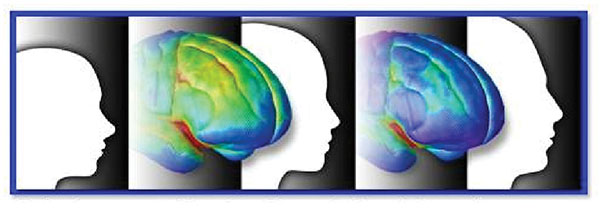Alcohol-Endocannabinoid Interactions: Implications for Addiction-Related Behavioral Processes
Introduction
Endogenous cannabinoids, or endocannabinoids (eCBs), are bioactive lipid molecules that modulate signaling activity of several physiological processes involved in pain, appetite, energy balance, stress/anxiety, immune signaling, and learning and memory. Although understanding of the eCB system has grown in complexity since its discovery by Raphael Mechoulam, it is now widely known...


